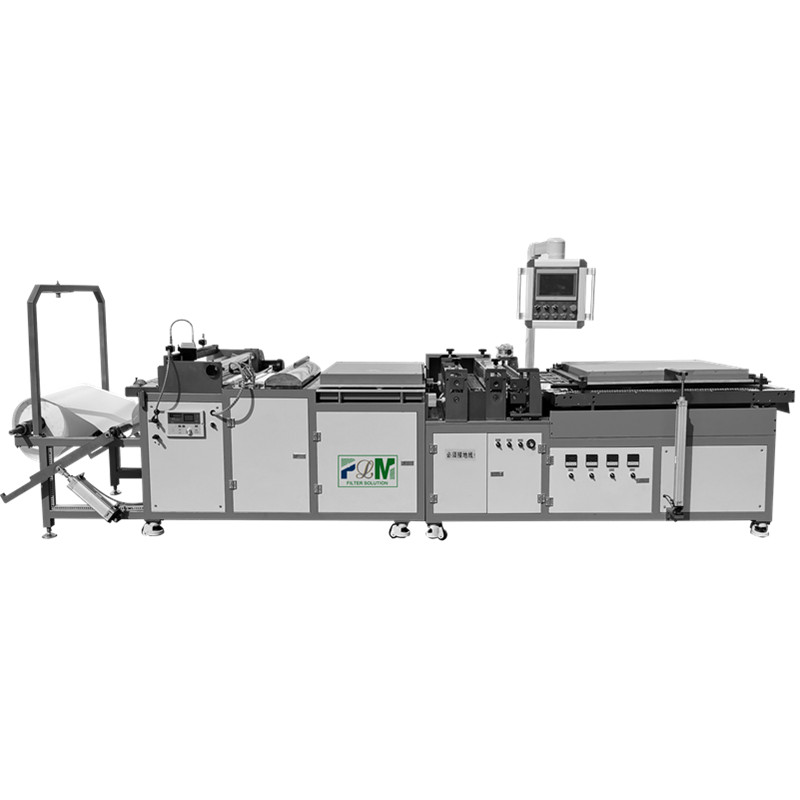Aug . 17, 2024 09:57 Back to list
Authentic Components for CE Certification Compliance and Quality Assurance
Understanding CE Certification for Genuine Parts
In today's global market, the significance of quality assurance in manufacturing cannot be overstated. A primary aspect of this quality assurance is the CE certification, which plays a crucial role in ensuring that products, especially components and spare parts, meet essential safety, health, and environmental protection standards. This article will delve into what CE certification means, its importance for genuine parts, and how it impacts consumers and manufacturers alike.
What is CE Certification?
CE marking, which stands for Conformité Européenne, is a certification mark that indicates a product's compliance with the relevant European Union (EU) legislation. It signifies that the product meets the safety, health, and environmental regulations required before it can be sold within the European Economic Area (EEA). The CE marking is crucial for many types of products, from electronic devices to construction materials, and it assures consumers that the products they are using have been rigorously tested for quality and safety.
Importance of CE Certification for Genuine Parts
When it comes to spare parts and components, CE certification becomes particularly vital. Genuine parts refer to components that are manufactured by the original equipment manufacturer (OEM) and are meant to fit, function, and perform as intended in their corresponding machinery or vehicles. Here's why CE certification is essential for these parts
1. Ensured Quality and Safety Genuine parts that hold a CE certification have undergone substantial testing to ensure that they meet safety and performance standards. This reduces the risks associated with malfunctioning components, which can lead to accidents, equipment failure, or even injury.
2. Legal Compliance Manufacturers who wish to sell their products in the EU must comply with the relevant directives tied to CE marking. Failure to provide certified parts can result in legal consequences, including fines and bans from the marketplace.
ce certification genuine parts

3. Consumer Confidence Consumers are increasingly aware of the importance of quality assurance. CE certification can serve as a strong marketing tool for manufacturers, instilling confidence in consumers that they are purchasing safe and authentic parts.
4. Market Access For manufacturers looking to gain access to the European market, CE certification is a prerequisite. Without it, even the best-quality parts may be excluded from a significant portion of the market.
Implications for Manufacturers and Consumers
For manufacturers, obtaining CE certification for genuine parts is an investment in credibility and competitive edge. By ensuring that their products meet these rigorous standards, they can differentiate themselves from competitors who may offer non-certified parts or inferior imitations. This not only bolsters their brand image but also opens avenues for expansion into international markets where safety regulations are strict.
For consumers, choosing CE-certified genuine parts translates to peace of mind. It guarantees that the parts they install in their machinery, vehicles, or appliances are reliable and compliant with EU regulations. This trust is crucial, as the stakes can be very high when subpar parts lead to costly repairs or safety hazards.
Conclusion
In conclusion, CE certification for genuine parts is an essential element in the manufacturing and distribution process within the EU. It assures consumers of product safety, promotes trust between manufacturers and customers, and aligns with legal requirements for market access. As consumers become more informed and regulations tighten, the demand for CE-certified genuine parts is likely to grow. For both manufacturers and consumers, understanding the implications of CE certification is vital in ensuring that quality and safety are never compromised in the products we use daily.
-
Cheap PLJY109-500 Full-Auto HDAF Expanded Mesh Spiral Coiling Machine - High Efficiency & Quality Manufacturer
NewsJul.08,2025
-
Best PLHJ-6 Full-Auto Eco Filter Rotary Heat Plating Machine - High Efficiency & Eco-Friendly Solution
NewsJul.08,2025
-
High-Efficiency Paper Pleating Machine for Filters Trusted Filter Paper Pleating Machine Company
NewsJul.07,2025
-
High-Performance Oil Filter for Cadillac ATS – Reliable Engine Protection Solutions
NewsJul.07,2025
-
High Quality PU Glue for Filters – Reliable Filter Glue Supplier & Exporter Get PU Glue Quotes Now
NewsJul.07,2025
-
China PLJL-4 Seal Leakage Tester for Spin-On Filter - High-Precision Multi-Station Testing Solutions
NewsJul.06,2025
